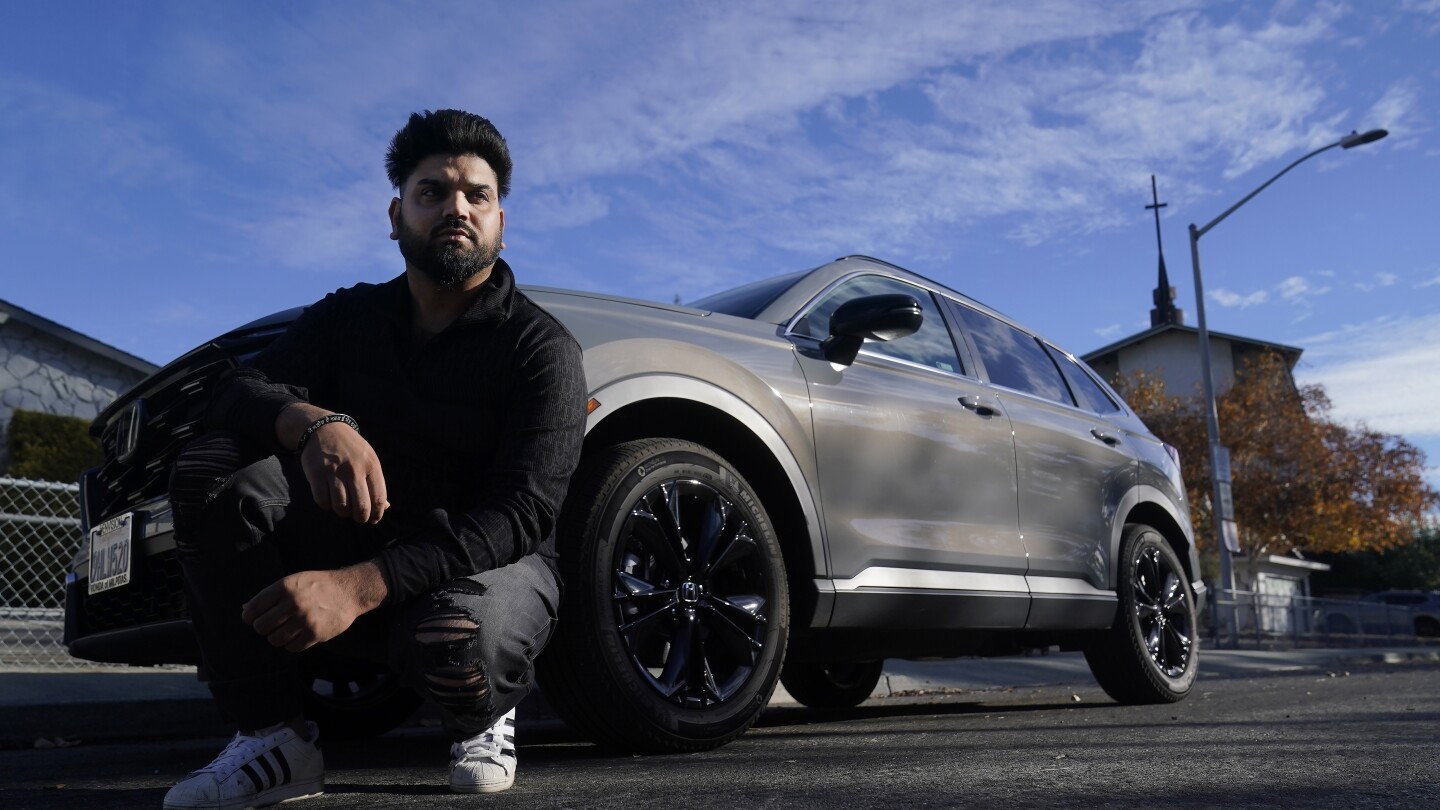America’s automakers have staked their futures on the notion that electric vehicles will dominate sales in the coming years, spurred by buyers determined to reduce carbon emissions and save on fuel.
But so far, while EV sales are growing, their pace is falling well short of the industry’s ambitious timetable for transitioning away from combustion engines. Instead, buyers are increasingly embracing a quarter-century-old technology whose popularity has been surging: The gas-electric hybrid, which alternates from gas to battery power to maximize efficiency.
So far in 2023, Americans have bought a record 1 million-plus hybrids — up 76% from the same period last year, according to Edmunds.com. As recently as last year, purchases had fallen below 2021’s total. This year’s figures don’t even include sales of 148,000 plug-in hybrids, which drive a short distance on battery power before a gas-electric system kicks in.



The most important thing for EV is to get a solid footing in the used car market. As much as manufacuters try to sell you on the idea that a car is a lifestyle choice, for most people it’s just tool. Primaraly to get to and from your workplace. It has to be cheap and reliable. The biggest workforce in any developed nation is the upper low - lower middle class. Most of them can only afford used cars. The first manufacturer to implement measures to make 4-8 year old EVs a viable alternative to combustion engine vehicles will most likely be king for least 2 years till everybody else catches up.
Or to sell a new one cheap enough. In China you can buy a decent brand new EV for ~$15k. Just like a base (no carpet, airbags, power windows, or anti-lock brakes) Toyota Helix pickup is sold outside the US for ~$10k.
Helix episode of top gear was the peak of that show